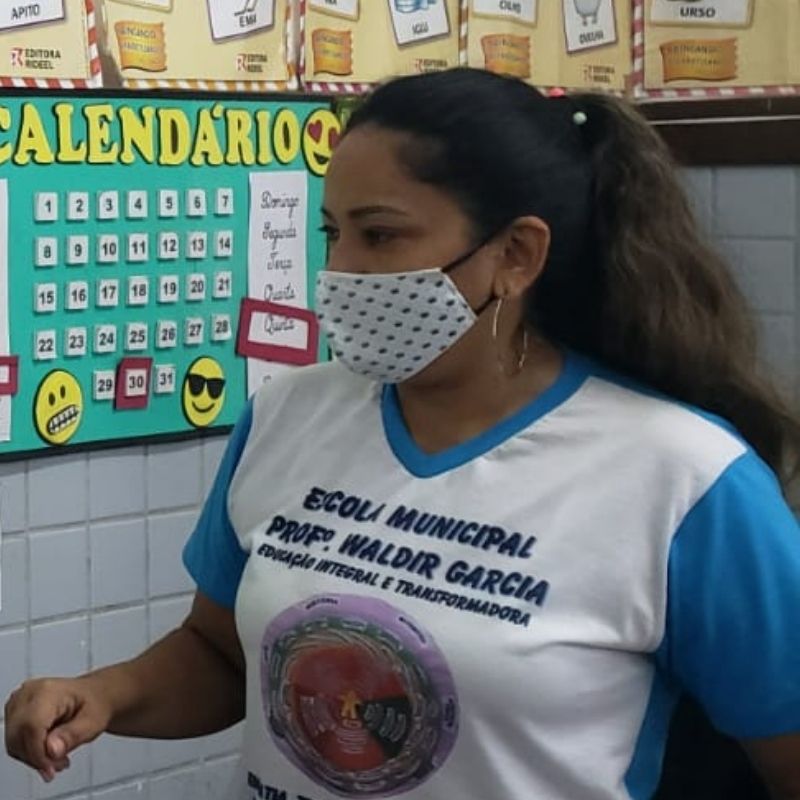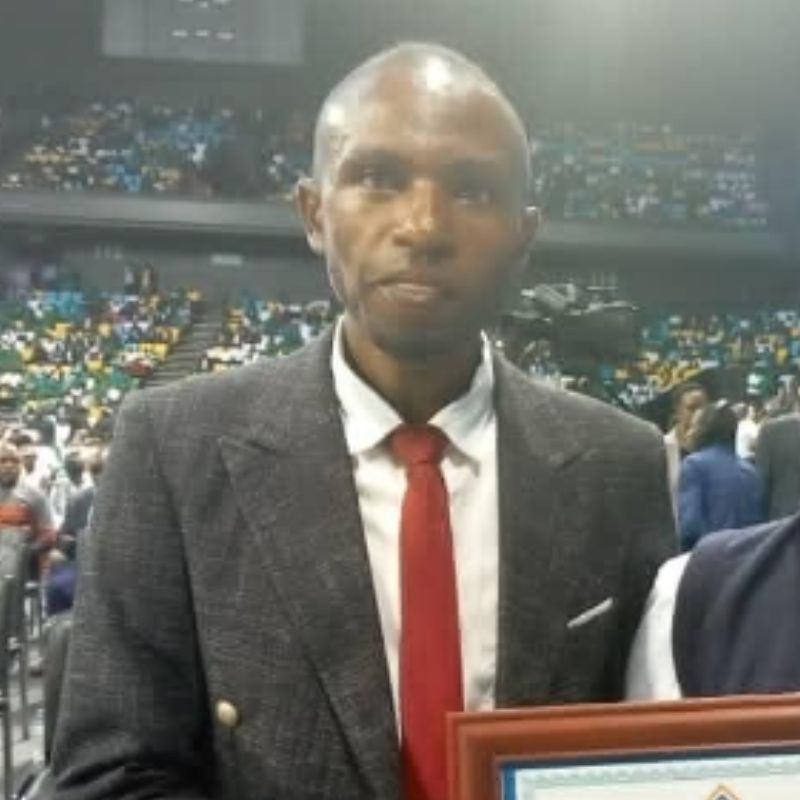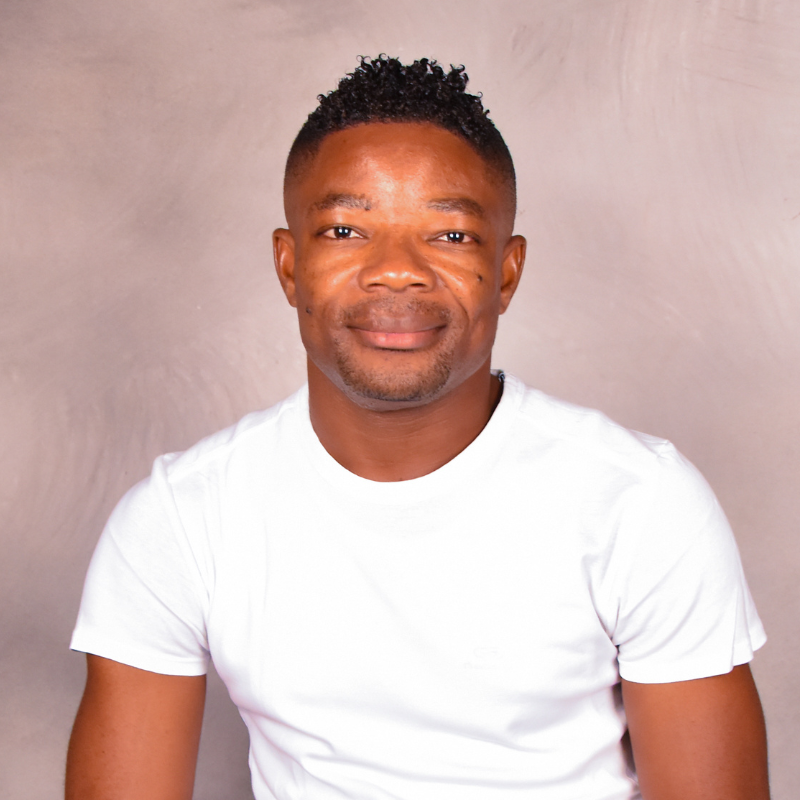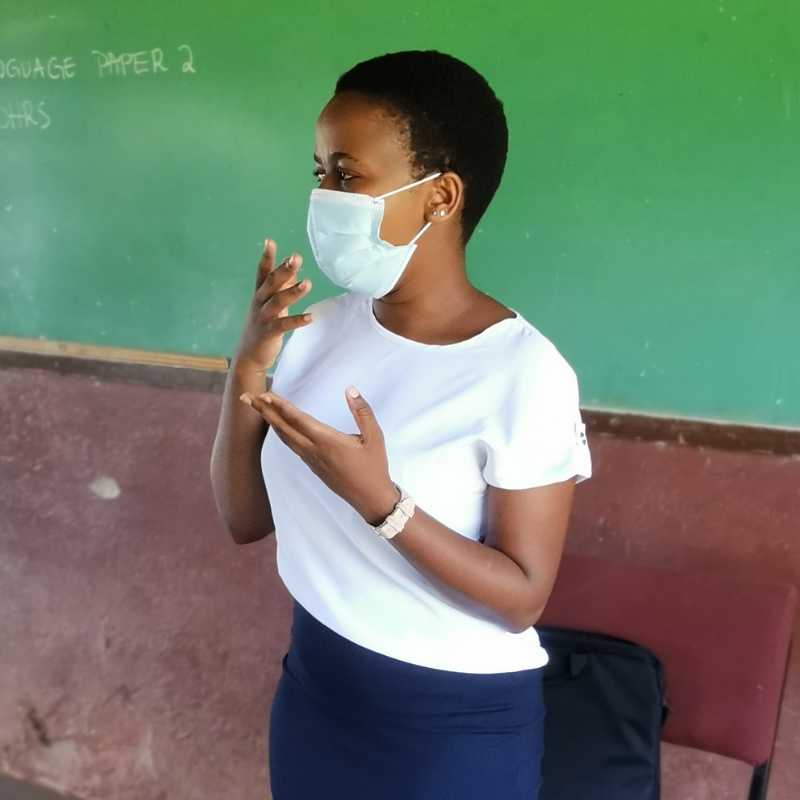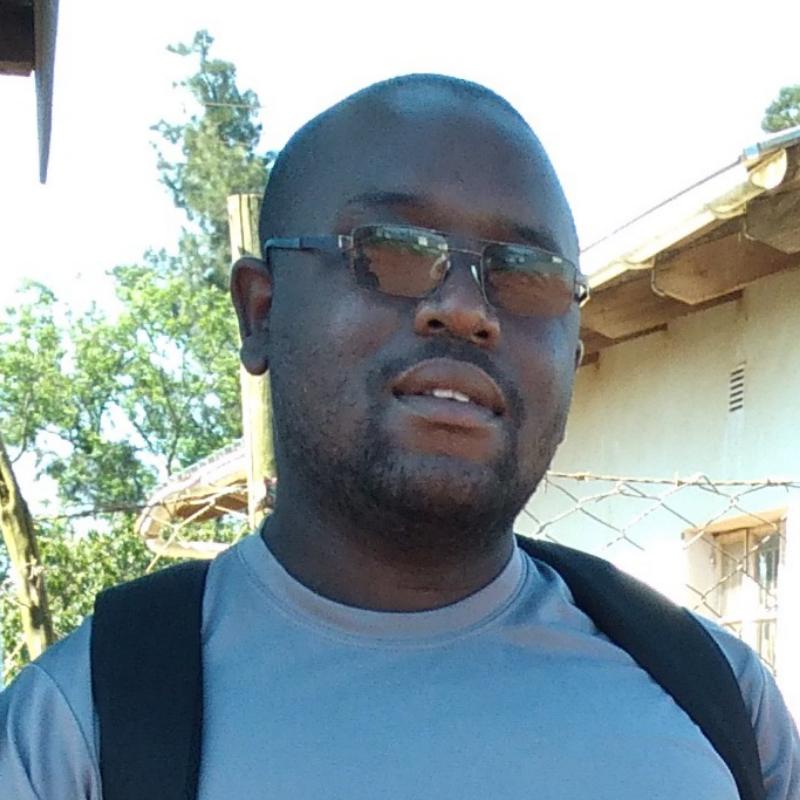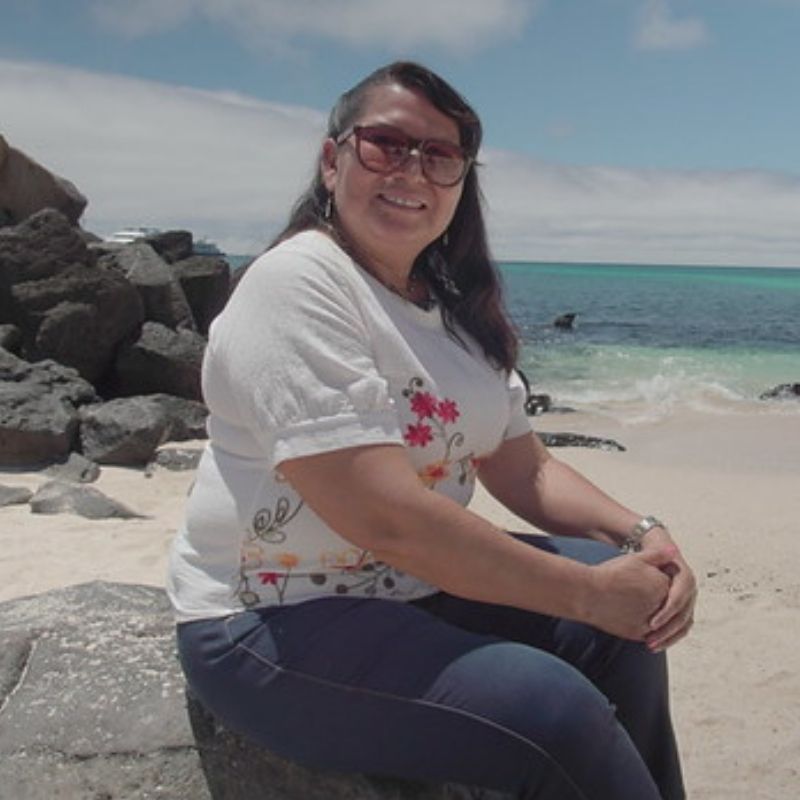Teacher in Manaus, Amazonas (Brazil)
Share
“Every time I see my students proud of what they have achieved, it motivates me to overcome all the challenges for them”
“A book, a pen, a child and a teacher can change the world. That’s how it was with Malala and that’s how it was with me.” For the 43-year-old teacher Miriam Martins, working in education was a choice driven by passion. And so, today it has become a mission. “Every time I see my students proud of what they have achieved, it motivates me to overcome all the challenges for them.”
In the 20 years that she has worked as an educator in the public system in the state of Amazonas (Brazil), Miriam has developed a special affection for Primary Education. She specialised in literacy and reading and abandoned her degree in Forestry Engineering to pursue a career in teaching. Three years ago, her work took on a new purpose: to teach students who had migrated to Brazil from other countries.
The Power of Languages
The Prof. Waldir Garcia Municipal School, where Miriam teaches, is located in an area with a high level of social vulnerability in Manaus, Amazonas (Brazil). It cares for 51 students who have come from countries such as Venezuela and Haiti. The school has had a ProFuturo Digital Classroom since 2017 and this committed teacher also believes in the power of digital education.
“The empathy we show in our work has an impact on children’s lives. When a student trusts the teacher, they learn more. That’s what led me to study Spanish; to understand their culture and connect with their needs”, she says.
More than just teaching students to read and write, Miriam develops skills such as empathy, autonomy and teamwork. To do this, she adapts curricular activities to the reality of the classroom, encouraging all the children to participate.
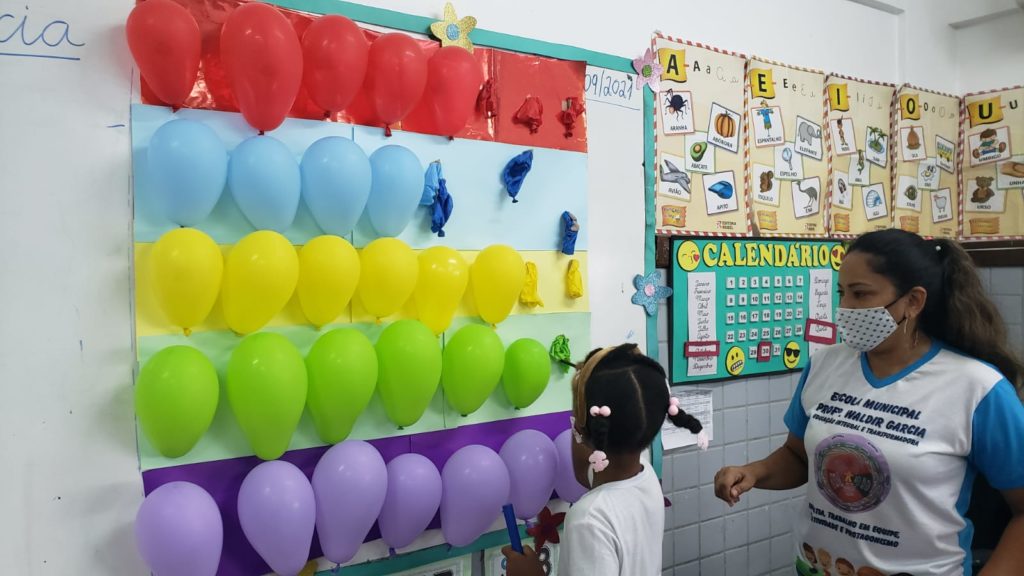
Impact Beyond the School’s Walls
The results of this effort go beyond the school’s walls, largely because of the open nature of the activities in the school’s community.
Computer engineer Yenin Pernalete, mother of students, Valentina (10) and Antônio (7), highlights one of the interdisciplinary projects Miriam carried out with her daughter’s class.
“They studied history, Portuguese and mathematics within the same project, as well as learning to work as a team and make decisions together”, she says.
“It was great fun!, and everyone also wanted me to teach them Spanish”, Yenin remarks.
The family left Venezuela in 2018 and had to face a language barrier upon arriving in Brazil. For Valentina, it was especially difficult not knowing how to speak Portuguese.
“I wondered how she could make friends if they didn’t speak the same language. It was heartbreaking for me”, says her mother. She was surprised by Miriam’s proposals for integration.
The same can be said for Antônio. Although the little boy began the literacy process during the pandemic, Yenin describes how Miriam followed the family’s work at home closely. There were daily video calls, and the printed activities were specially designed so that children could have fun and learn at the same time.“
Antônio felt he was important to the teacher. When the time came to have the video call, he would prepare himself to talk to her. The children engaged with their teacher, Miriam because she makes it a point to involve them in the whole process”, Yenin adds.
For a Liberating Education
As a teacher, Miriam encourages the students to hold celebrations with typical foods, dances, stories and songs that reflect the diversity present in each class. All of this is based on classes and cultural exhibitions. The projects include activities outside the classroom. Planting seedlings in the school garden, using the science lab to study animals and treasure hunts are just some of the activities that have been arranged.
“I admire her work, Miriam is an exceptional teacher”, summarises Madsen Adeus. He is the father of Stephanie (7), who was born in Brazil and who brings contributions from his Haitian family’s culture to the school. “My daughter is encouraged to participate and that is why she loves being part of this school.”
On Fridays, the teacher organises a class meeting to discuss what has been learnt and what they would like to study in the following lessons. This practice ensures that all students feel that they are listened to.
“I want my students to enjoy learning. Our lessons are always oriented towards everyday life, and this means that they continue to learn outside school too. I believe in a liberating education and in the responsibility that we, as educators, have to promote it”, Miriam concludes.
To find out more visit: https://fundacaotelefonicavivo.org.br/noticias/educadora-aprende-segundo-idioma-para-se-aproximar-de-alunos-estrangeiros/



